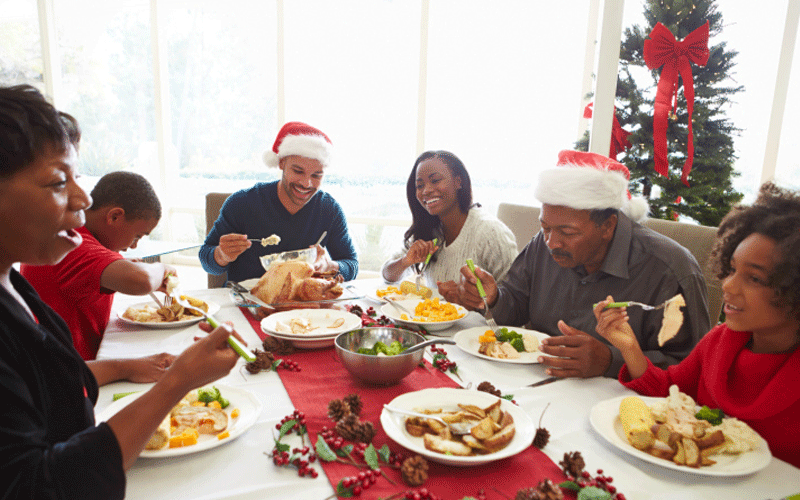Dos and Don’ts this holiday season

Harriet James @harriet86jim
While Christmas is celebrated in Christian circles, pagans, too celebrate it in their own way by being with family and friends, partying and taking time off from work.
With the season come many dos and don’ts that should be remembered.
“In many communities, ceremonies and celebration events are collective socially intimate and boisterous.
It’s a time to meet relatives, friends, age mates either upcountry or in their homes.
So one taboo is being selfish or mean or keeping to yourself,” says Dr Justus Aungo.
He adds that the pandemic might result in isolation and social distancing as the new norm, but advises those going upcountry to beware of the fact that most rural folks might not understand why urbanites are social distancing or isolating themselves, hence the need to explain the situation.
Control yourself
“There is a likelihood of the distance between the elderly, especially in rural areas and their younger urbanite family members.
To a large extent the former may not fully comprehend why they cannot freely mingle with their children who they haven’t seen for a while,” he says.
And while it is a time when families get together, it is also a time when scores are settled and families fall back to fights.
In such instances, it is taboo for younger people to fight with the older family members as it shows disrespect in the African culture.
“It is important to note the difference between toxic confrontations and annoying arguments.
It is toxic if the person’s intention is to hurt you, undermine your confidence or just cut the core of who you are.
Sometimes a family member might just be hurting and you ought to understand and walk away from such arguments,” he notes
Before heading over for a family reunion, ask yourself whether you have a ready plan in case you encounter such uncomfortable situations.
Normalise having healthy interactions with other family members because if one member acts differently, the rest will follow suit and behave better.
“If drinking too much is what makes you erupt, consider avoiding it during the reunion.
Know your boundaries and having an out if you need to cool off. Take a walk or watch TV if it gets too much.
The only person you need to control is you and how you react in such situations,” he adds.
Dr Aungo also notes that it is taboo to show off during such parties, especially when people present cannot afford basic needs.
Most African folk tales have stories of rich people who behaved in such an arrogant way and ended up being swallowed by the earth when gods were angered by their behaviour.
For instance, the Luos who live around Kendu Bay believe that the lake Simbi Nyaima was formed when a rich man failed to give an old woman food to eat and she cursed the household.
That night, there were heavy rains which drowned the arrogant man together with his family.
“Christmas is all about giving and sharing what you have with others. When you head to the villages or are having parties, avoid as much as you can conversations that will make others feel bad or look like you are rubbing your wealth on their face,” he explains.
If you will be preparing meals at home and entertaining guests from different cultures, mind their taboo foods.
For instance, if you are entertaining Chinese guests and you are using chopsticks in your meals, mind your manners and after finishing your meal, don’t leave it sticking in left over rice.
This, according to them, might bring a curse to the owner of the house, or a restaurant should you be eating out.
If you are hosting Indians note that preparing beef is prohibited and avoid pork products for your Muslim friends.
If you are hosting guests who are staunch Christians, you might avoid alcohol and offensive music. Also note that Seventh-day Adventists avoid caffeinated drinks.
Money matters
One of the biggest stress and taboo topic over the holidays is money particularly when it comes to buying gifts or even spending.
Cathryn Mbugua, a financial consultant, advises people to continue taking stock of the lessons of the year and think before they make any purchase or overspend.
“2020 has taught us we can do a lot with a little, an example during the lock down many had to prepare meals at home, rather than go out.
Our monthly food budget reduced and we learnt to take stock of various revenue streams in our lives versus expenses.
It made us think outside our comfort zones; people started discussing money in families which has been a taboo for a long time,” she says.
She adds, “You don’t have to go out, prepare a feast at home with items you all enjoy together, foster the relationship.
Teach your children to make gifts for each other, not necessarily buying them, using skills learned during this long holiday period.
Start the New Year with a family budget discussed and planned together on the goals you want to achieve at the end of the year.”















